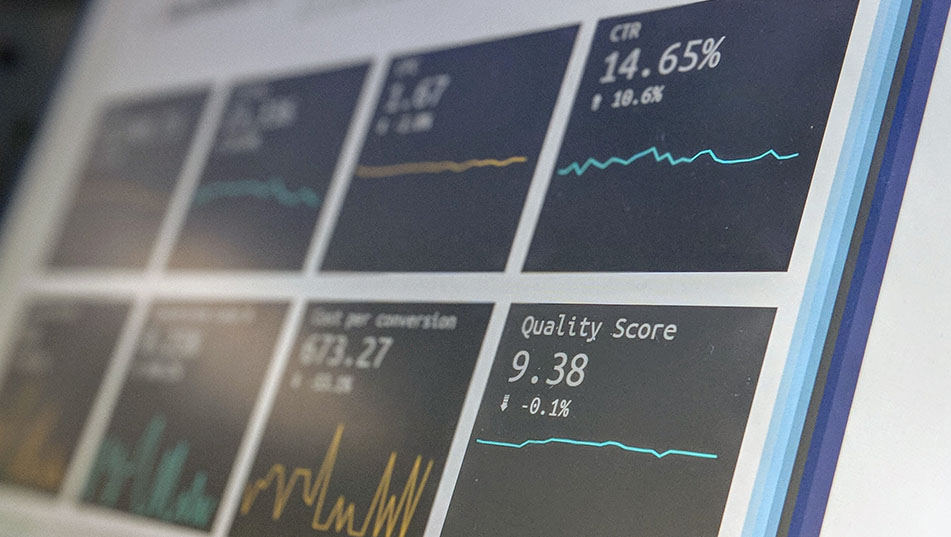An ethics report reveals Australians strong support for government restrictions to contain COVID-19 such as lockdowns, the closure of international and state borders, and mandatory mask-wearing in public places and public transport. The data came from Governance Institute of Australia’s Ethics Index 2020.
By contrast, Australians showed significant resistance to a herd-immunity approach. The report showed that 39% of respondents believe the herd immunity approach to be unethical. This reflects global sentiment as herd immunity has failed to garner support internationally as a COVID-19 survival strategy.
The Ethics Index 2020 crunches from the entire Ethics Index to quantify people’s perception of the level of ethical behaviour. The survey was conducted online across a broad spectrum of Australians between 1-13 October 2020.
This year’s Ethics report bared COVID-19 as the major topical question in discussing ethics. The impact of the pandemic also comes through spontaneously as a concern when asked about other areas of concern for ethical behaviour in particular situations. The report suggested that how organisations responded to the pandemic, and media spotlight on the
spread and impact of the virus may well have impacted how Australians perceive the ethical performance of sectors in 2020.
Australia’s ethical rating at record-high
This comes as the nation’s overall ethical rating has soared this year, with an Ethics Index Score of 52 recorded, up from 37 in 2019.
According to Governance Institute CEO Megan Motto, this is Australia’s highest ethical rating in the five years that the study has been conducted.
“It seems that a year of hardship, in which co-operation, trust and transparency have become paramount, has changed our perceptions around how we function as a society,” Motto said.
While continuing to operate at a “Somewhat Ethical” level, Australia is now at the top end of the category and significantly closer to operating as “Very Ethical”.
In the Ethics Index, a Very Ethical rating requires a score between 60 to 100.
Without accounting for Ethics Expectation Deficits, an index rating of 20 to 60 is considered Somewhat Ethical, -20 to 20 is Neither Ethical nor Unethical, –60 to –20 is Somewhat Unethical, and –100 to –60 is Very Unethical.
Front-line and emergency services considered ‘Very Ethical’, corporate under scrutiny
The Ethics report also identified strong perceptions around the ethics of the health profession in Australia, seen as the most ethical sector with a net score of 73.
The nation’s front-line health and emergency services dominated the top spots in the list of occupations and ethical behaviour, with fire services ranked first for ethical behaviour (82). General Practitioners, in particular were perceived more favourably in 2020 (80) than in 2019 (73). In third place are ambulance services (80) and nurses on fourth (79).
“The high esteem held for health and emergency workers reflects what we’ve seen on our TV screens over the course of the pandemic. Australians appreciate people who dedicate themselves to our wellbeing, especially at times like this,” Motto said.
Meanwhile, CEOs and managing directors slipped into the bottom 10 list for occupations and ethical behaviour in 2020 (10) with real estate agents (-2), federal politicians (-3) and directors of foreign companies operating in Australia (-4) the bottom three despite, some improvements compared to last year.
Motto said organisations at all levels needs to put a firm spotlight on ethics. This is especially true as corporate crises and inquires dominate the headlines in late 2020 and tough decisions continue to be made as a result of the pandemic.
“Ethics matter, in business and in society. Our survey shows that the perception of the finance industry in Australia is still recovering from the banking royal commission and other scandals, and the media is suffering the same crisis of legitimacy here as overseas. These perceptions have consequences, and our leaders need to get to work addressing them,” she said.












